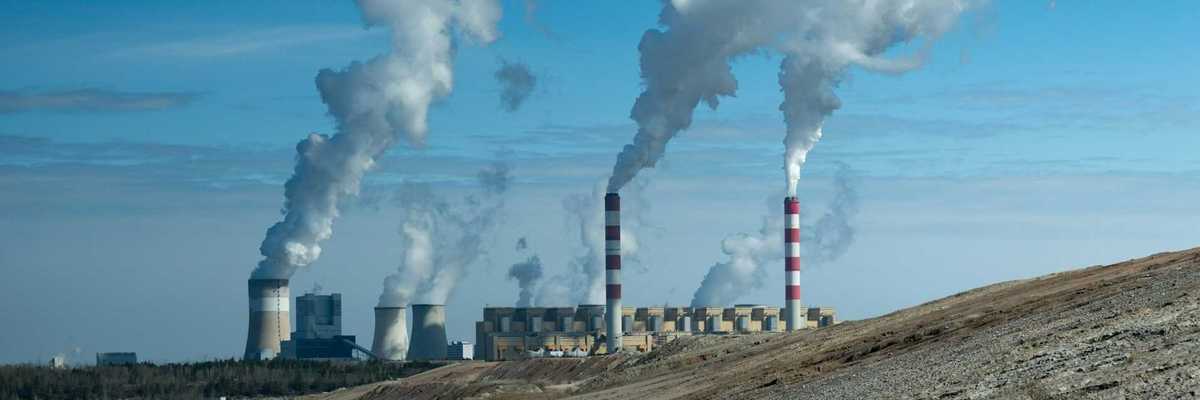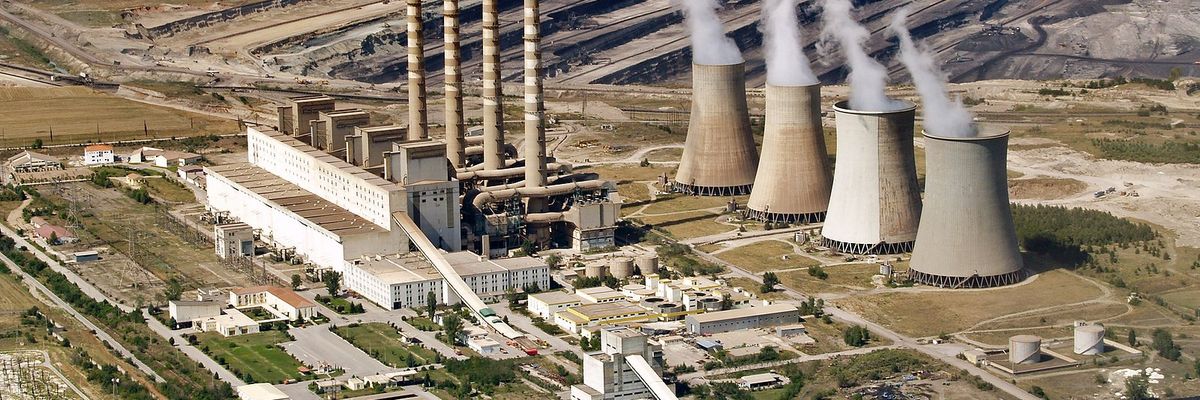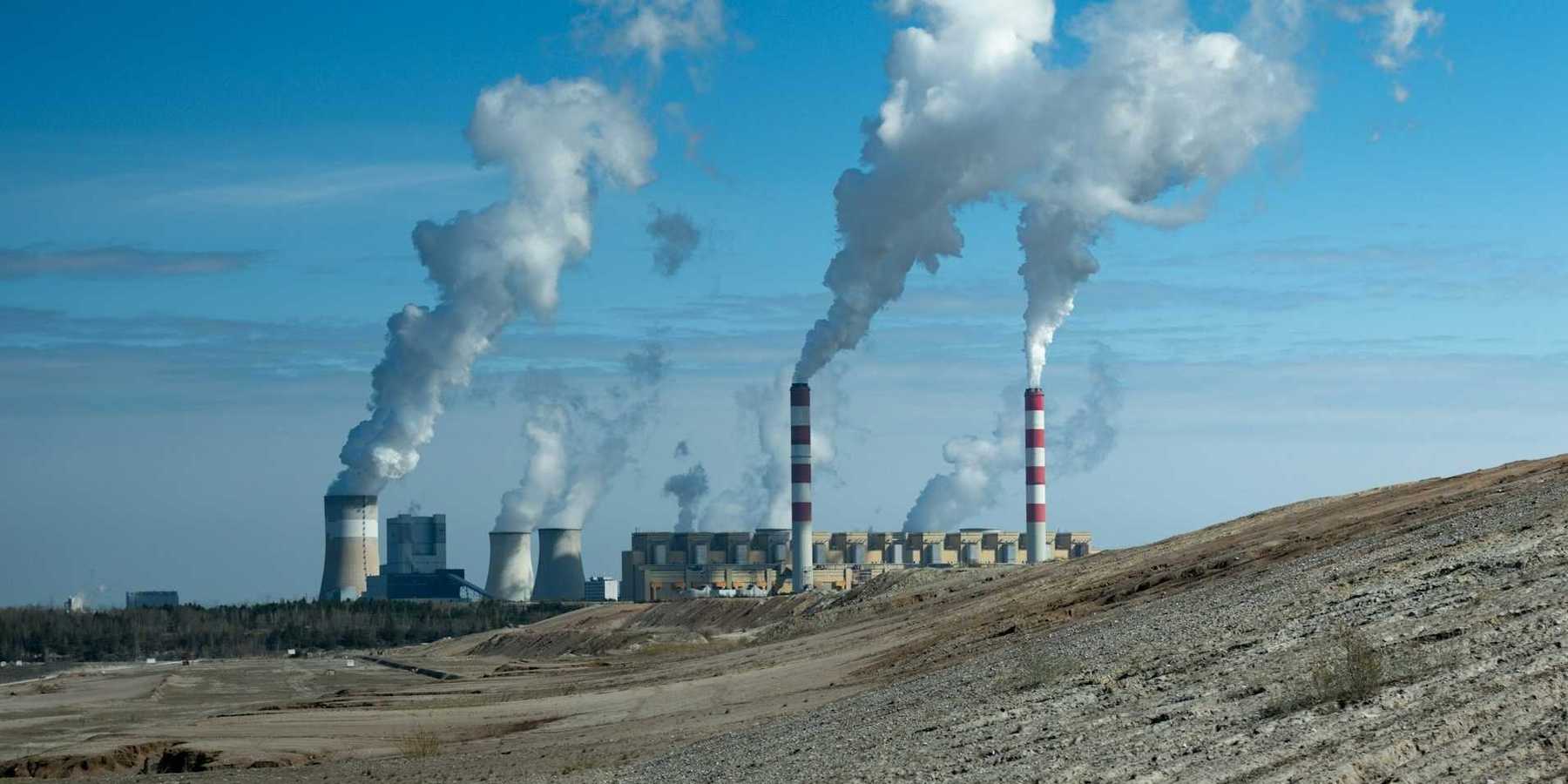malawi
Extreme weather is worsening Africa's cholera crisis
Relentless extreme weather in Africa has led to severe cholera outbreaks, killing thousands and affecting hundreds of thousands more.
Sebabatso Mosamo, Farai Mutsaka, and Gerald Imray report for The Associated Press.
In short:
- Since late 2021, more than 6,000 people have died and nearly 350,000 have been infected with cholera in southern and East Africa.
- Extreme weather, including cyclones, floods, and droughts, has increased the incidence of cholera by contaminating water sources.
- A global shortage of cholera vaccines has exacerbated the crisis, particularly in poorer countries that are most affected.
Key quote:
"The outbreaks are getting much larger because the extreme climate events are getting much more common."
— Tulio de Oliveira, South Africa-based disease scientist
Why this matters:
Floods not only spread cholera but also destroy crops, leading to food insecurity and malnutrition, which weakens immune systems and makes populations more vulnerable to diseases. Conversely, droughts deplete water sources, pushing people to use contaminated water for drinking and cooking.
COP28 climate reparations for Cyclone Freddy recovery in Malawi
After the storm, Malawi’s farmers face a precarious future
As Africa loses forest, its small farmers are bringing back trees
Meet the climate hackers of Malawi
Cyclone Freddy prompts pleas for urgency on loss and damage finance
Survivors reel in aftermath of one of Africa’s deadliest cyclones
“Let me tell you, it is a serious situation. It is a tragedy,” says Paul Turnbull, Malawi Country Director of the World Food Programme. He is talking about the aftermath of Cyclone Freddy, one of the deadliest and long-lived tropical cyclones to have ever been recorded in Southern Africa.









